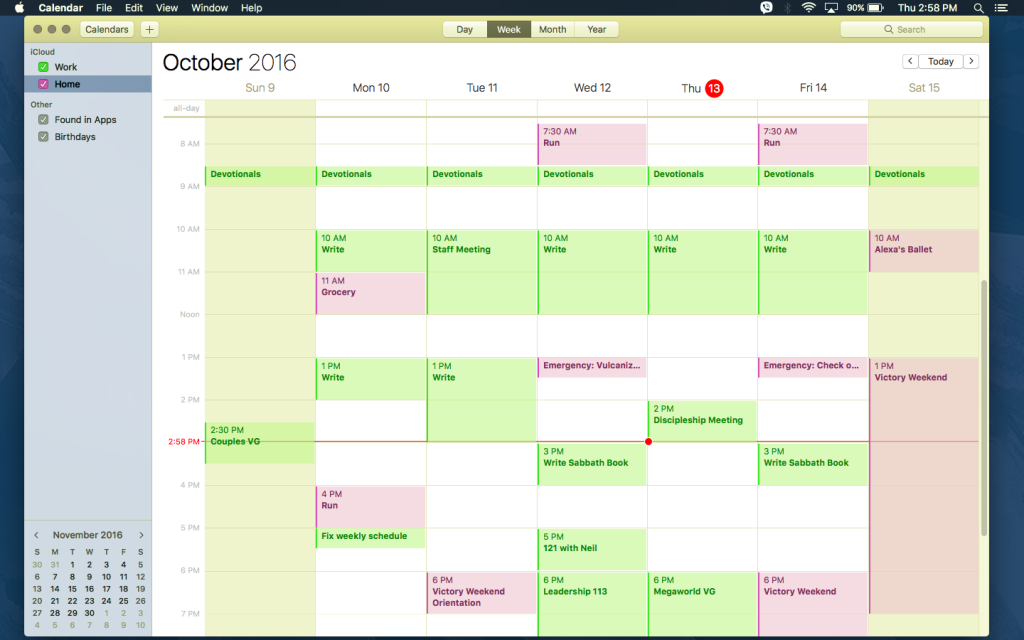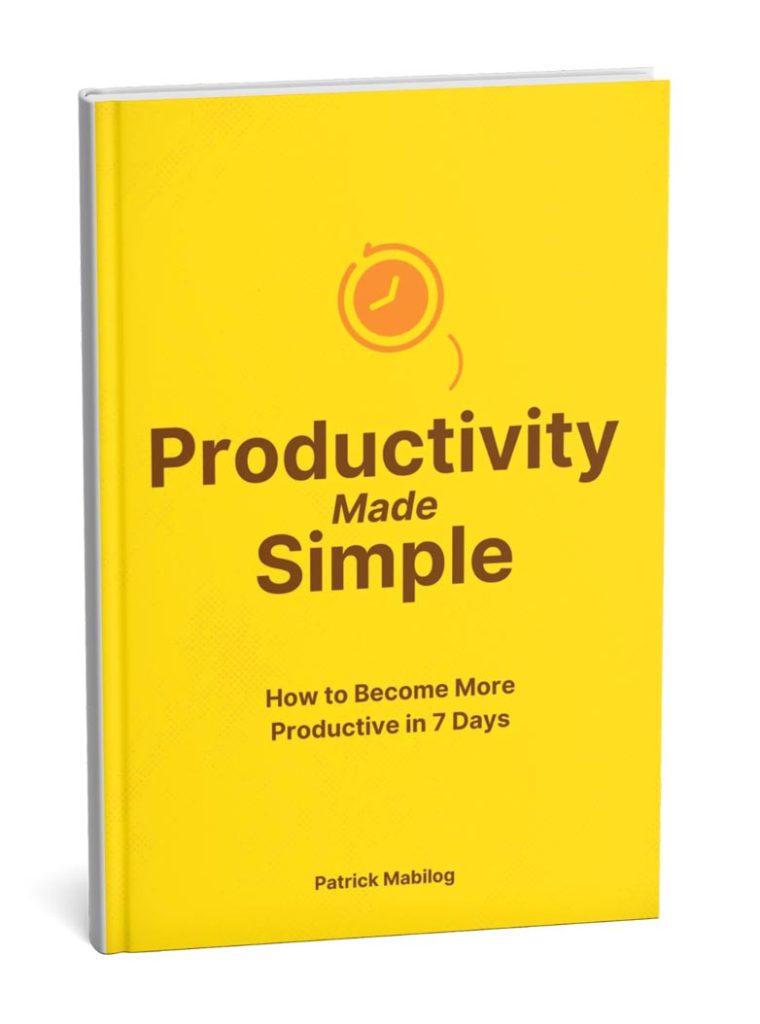I don’t think I’ve ever done a blog series in my life and I really don’t know why. The first minute I thought of the idea, I jumped right into it because I know it can and will provide more value for you. I’m doing this series called “Gain A Better Work Day” by sharing insights and principles that will help you crush those work days, and build a strong discipline that will make you hustle harder but also waste less time, energy and resources.
I’m starting this series by talking about something we all experience pretty regularly- unforeseen emergencies. They always happen. We can have big emergencies like accidents, calamities, or huge medical problems. But sometimes it’s really the small emergencies that bother us most- running out of gas, losing a printed out report, forgetting your phone charger at home and things like that.
Reality is that things will not always go our way so we should always be ready in case something unexpected comes our way.
Imagine you’re on your way to an important meeting in thirty to forty-five minutes and you realize you have a flat tire. What could be worse right? Often in our hopes to have “perfect days” where the sun shines bright and all the birds are singing we get frustrated easily when things don’t go our way.
But reality is that things will not always go our way so we should always be ready in case something unexpected comes our way. Here are seven ways to prepare for small unexpected emergencies that can happen anytime.
1. Create Margin
Because we tend to think that our days will be perfectly fine, we can sometimes schedule our days without margin. A ten to eleven in the morning is followed by another meeting right after and then another one after lunch. The challenge behind this is when we encounter an unexpected emergency in between, it creates a nightmare of a domino effect on our schedules.
Working with margin for emergencies or simply to breathe, reflect and prepare between tasks and meetings prepare you for the worst that a day has to offer well.
2. Process Your Emergency Well
Sometimes we are faced with unexpected emergencies that have the appearance of being urgent but they really aren’t. It’s that phone call you have to make to a client that can wait until the end of the day or home errand that can be scheduled for tomorrow.
Unexpected events have a way of inducing panic into us and force us to believe that the emergency is the most important thing, but that’s not always true. It’s helpful to pause for a minute or two to reflect on whether your unexpected emergency is really urgent and to strategize on how to get it done.
3. Know Your Priorities
Too many times I’ve let a small work emergency cut through more important things like my time with my family and my rest days. This is not always a good idea. We can’t let small unexpected emergencies hijack our life. Sure they can be small tasks that won’t take more than thirty minutes, but it’s the small things that always pile up in the end.
4. Delegate
This is where proper and effective leadership really comes in handy. You might have an emergency at hand but you can actually delegate it or outsource it to someone for a fee. Maybe your car broke down but you have a contact who can tow your car while you just rush off in a taxi. Or maybe there’s a task that needs to be done in the office that your staff member can tae care of for you. You’re never out of options when you know how to delegate well.
5. Put It In The Schedule
If it’s not on your calendar, it’s more likely never to get done or to get done well. If an emergency can be postponed to later in the day or the week, it’s still best to put it in writing (or in a tab if you do your schedule manually).

6. Set An Emergency Fund
Emergencies are costly, no doubt, and this is sort of tied up to number four because one reason why we can’t quickly outsource or delegate is because we don’t have the finances to pay for a service.
A proper emergency fund on your monthly budget can help fix this. There’s really no set amount for emergencies, but you know best how often you get into them. For me and Ces it can be anywhere between 1,500 to 3,000 pesos a month. This should of course not be mistaken for big emergencies like hospitalizations, accidents and such.
7. Keep Calm
Emergencies again can tend to put us in a big mode of panic when there’s really nothing to panic about. The wonderful thing that comes out of an emergency is it trains you to remain calm and composed in the midst of pressure. We can all learn how to do this more by focusing on solutions and means out of small predicaments.
Here are a few guide questions for you to answer and assess how ready you are for small emergencies:
- Do I plot out my day with margin so that I have breathing space to deal with unexpected emergencies?
- Are my priorities and values clear so that when times small emergencies pop up, I don’t have to waste time asking myself what matters to me more?
- Do I have an emergency fund for these small mishaps? If not, how much should I allocate for me to be ready for any emergency?
Thanks and see you next Thursday for part two of this series, where I’ll be talking about,”Why a Productive Morning Affects Your Whole Day Positively!”





